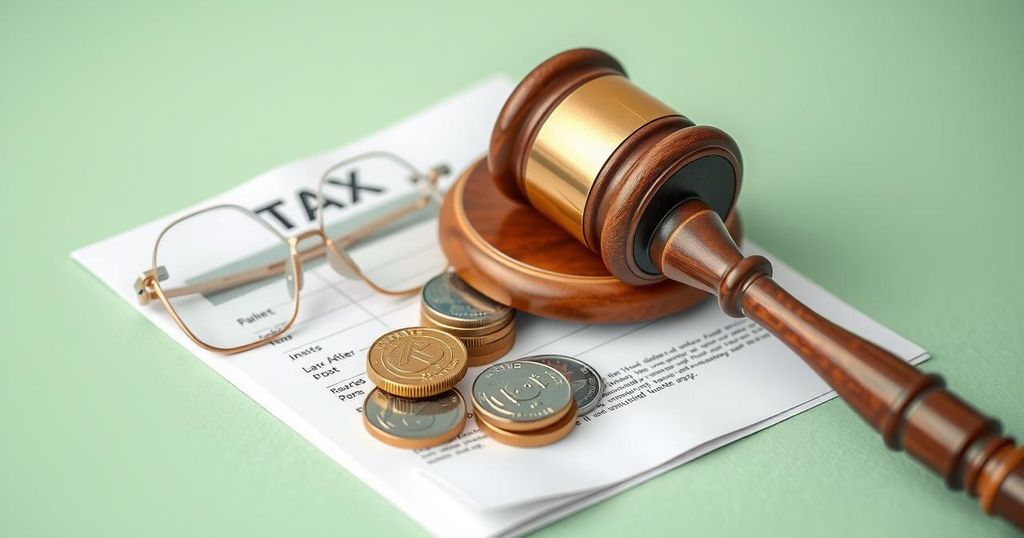Liberia’s LRA to Implement Major Tax Reforms Effective April 1

The Liberia Revenue Authority is set to implement significant tax reforms on April 1, including reduced excise taxes on certain goods and an extended deadline for tax filings. The adjusted legislation aims to ease compliance, stimulate economic activity, and prepare for a future VAT system.
The Liberia Revenue Authority (LRA) will implement significant tax reforms on April 1, aimed at promoting national development and easing the tax burden on citizens. With the recent amendments to the Liberia Revenue Code approved by the National Legislature, major changes will focus on enhancing economic growth and enhancing taxpayer convenience.
A notable adjustment in the amended legislation is the reduction of excise taxes on both imported and locally produced goods such as beer, wine, and other fermented beverages. This reduction is designed to alleviate financial pressures on manufacturers and importers, stimulating local production and overall economic activity. Moreover, consumers will likely benefit from stabilized market prices and improved affordability of products.
In addition to the tax reductions, the LRA has extended the deadline for filing tax returns from 5:00 PM to 11:59 PM on the due date, granting individuals and businesses more time for compliance without undue stress. Taxpayers utilizing the LITAS online platform can now submit filings comfortably within this new timeframe. Importantly, those who file after 5:00 PM will not incur penalties or be classified as late filers, offering considerable relief.
As Liberia moves towards implementing a Value Added Tax (VAT) in January 2027, the amended legislation introduces a modest increase in the Goods and Services Tax (GST) from 10% to 12%. This adjustment aims to bolster domestic revenue to aid development projects in infrastructure, healthcare, and education, while also preparing businesses for the upcoming VAT, which will be applied at 15% in 2027.
Prior to the rollout of these amended laws, the LRA engaged various stakeholders, including tax practitioners, customs brokers, and business associations. This proactive approach underscores the LRA’s commitment to fostering an efficient revenue collection system. The reforms reflect the government’s intention to enhance the economy, improve public services, and create a more prosperous Liberia for all citizens.
The LRA’s forthcoming tax reforms represent a significant advancement in Liberia’s fiscal policy, aimed at reducing the tax burden, enhancing compliance, and facilitating economic growth. Key amendments include lowering excise taxes, extending tax filing deadlines, and gradually increasing the GST. These changes illustrate the government’s commitment to promoting national development, ultimately setting the stage for a more robust economy.
Original Source: frontpageafricaonline.com








